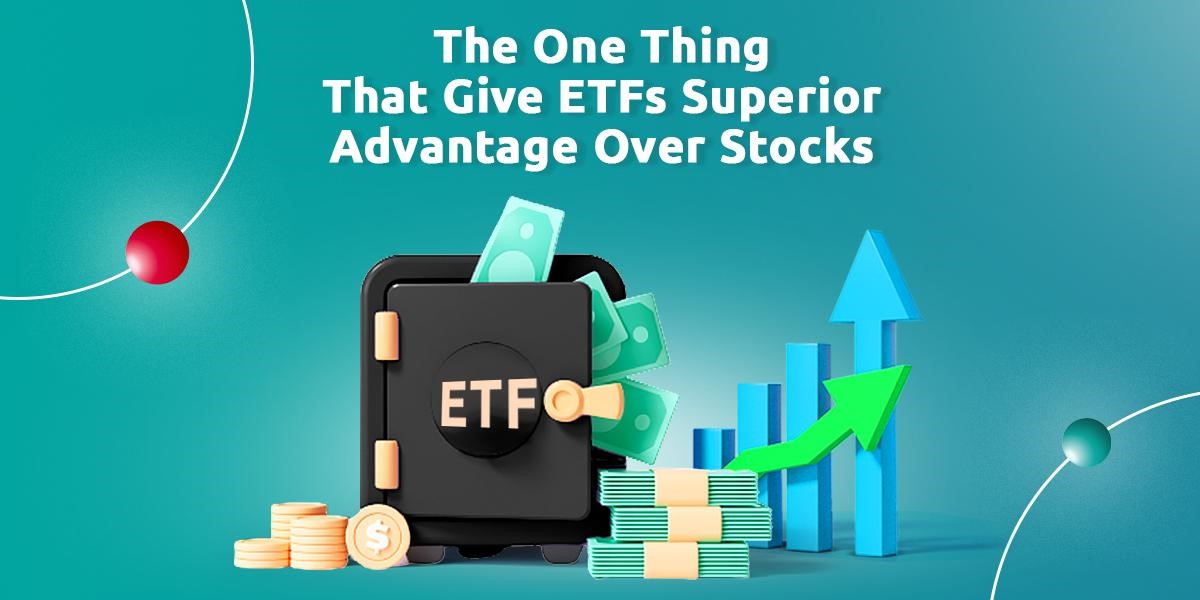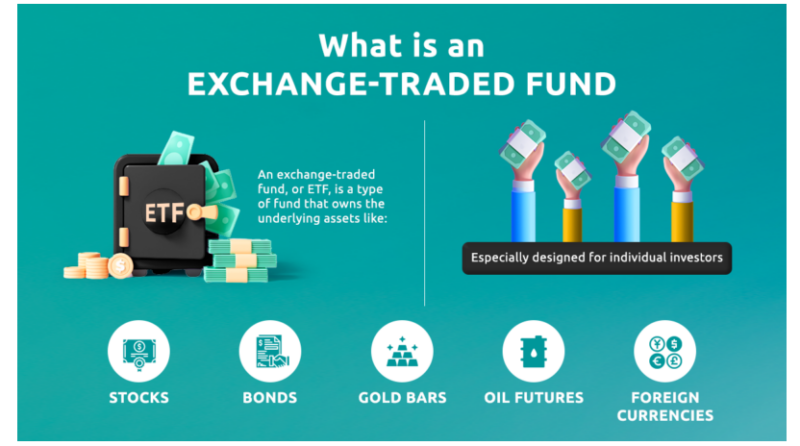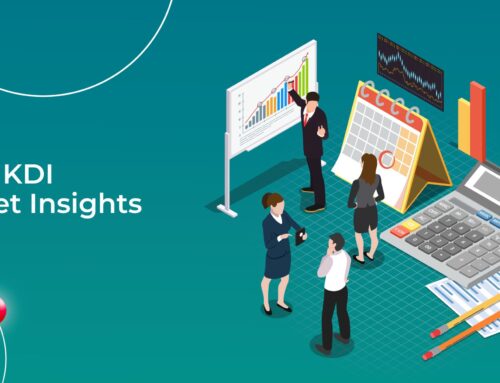The One Thing That Gives ETFs Superior Advantage Over Stocks

The dynamic world of investments can be rather overwhelming, especially for beginners. There’s a silver lining though; innovations in investment vehicles such as Exchange-Traded Fund (ETF) empowers more aspiring investors to build their wealth akin to how professional fund managers manage unit trust funds.
Stocks 101
Before we delve further into ETFs, let’s explore the traditional form of investing – Stocks. Stocks, interchangeably known as shares, are a form of equity ownership in the invested company. If you purchase a share of Apple stocks (AAPL), you are then a part owner of Apple Inc. and are entitled to voting rights and profit sharing, in the form of dividends.
One of The First IPOs
The history of stock issuance can be traced all the way back to the 1600s when the Dutch East India Company offered shares to investors who would finance the voyages into the sea. Investors would then get a percentage of the profits from the spice trades – an attractive proposition at that time. However, not all spice trades were profitable and investors were expected to share both the risks and returns with the proprietor. The Dutch East India Company was largely believed to be one of the first companies to issue shares in an exercise, now commonly known as an Initial Public Offering.
Share Price Drivers
Stock ownership allows investors to provide capital and participate in the growth of the invested company. Today, stocks are listed on exchanges where prices are determined by supply and demand. Theoretically speaking, a company with good growth prospects will see its price appreciate as demand exceeds supply for the shares of the company. While there are short term factors, such as the underlying economic sentiment or other qualitative factors, the growth drivers of long-time price appreciation remain to be the reliability of the business model and growth.
For an individual investor, the effort required to perform company screening, business studies, financial analysis, following and understanding its news flow, and more, may drive the average investor off due to the need for a particular skill set that takes time to master.

Innovative Investment Instrument – ETF
ETFs had their genesis in 1989 with Index Participation Shares, an S&P 500 proxy that traded on the American Stock Exchange and the Philadelphia Stock Exchange. This product was short-lived after a lawsuit by the Chicago Mercantile Exchange was successful in stopping sales in the United States. Nathan Most and Steven Bloom, under the direction of Ivers Riley, designed and developed Standard & Poor’s Depositary Receipts, which were introduced in January 1993. Known as SPDRs or “Spiders”, the fund became the largest ETF in the world. By 2021, global ETF assets hit USD9.1 trillion dollars.
Considered by the legendary investor Warren Buffet to be the best move for the average investor, ETFs provide access to a diversified basket of securities for individual investors. To better understand the fundamentals of ETFs, check out our introductory page for ETF here.
In essence, an ETF allows investors to participate in the growth of multiple securities all bundled within one tradeable package. Similar to shares, ETFs are also listed on exchanges and are priced according to the underlying supply and demand of shares contained within the ETF.
KDI Invest – Follow the Money
Staying true to our investment philosophy, KDI Invest believes in building a sustainable portfolio with selective exposure to multiple asset classes to generate an optimal risk-adjusted return. The key to this is achieving broad diversification for your core portfolio. A diversified portfolio will allow investors to weather the volatility in the market, on track to achieving their investment goals.
KDI Invest places high emphasis on a core portfolio that is well diversified to minimise non-systematic risks. Click here to discover how KDI Invest represents a supercharged investment option that truly caters to your investment goals by understanding your risk appetite.
Citations:
https://www.investopedia.com/ask/answers/08/first-company-issue-stock-dutch-east-india.asp
https://www.investopedia.com/articles/exchangetradedfunds/12/brief-history-exchange-traded-funds.asp
https://www.fidelity.com/learning-center/investment-products/etf/benefits-of-etfs
https://www.wsj.com/articles/global-etf-assets-hit-9-trillion-11628769548



